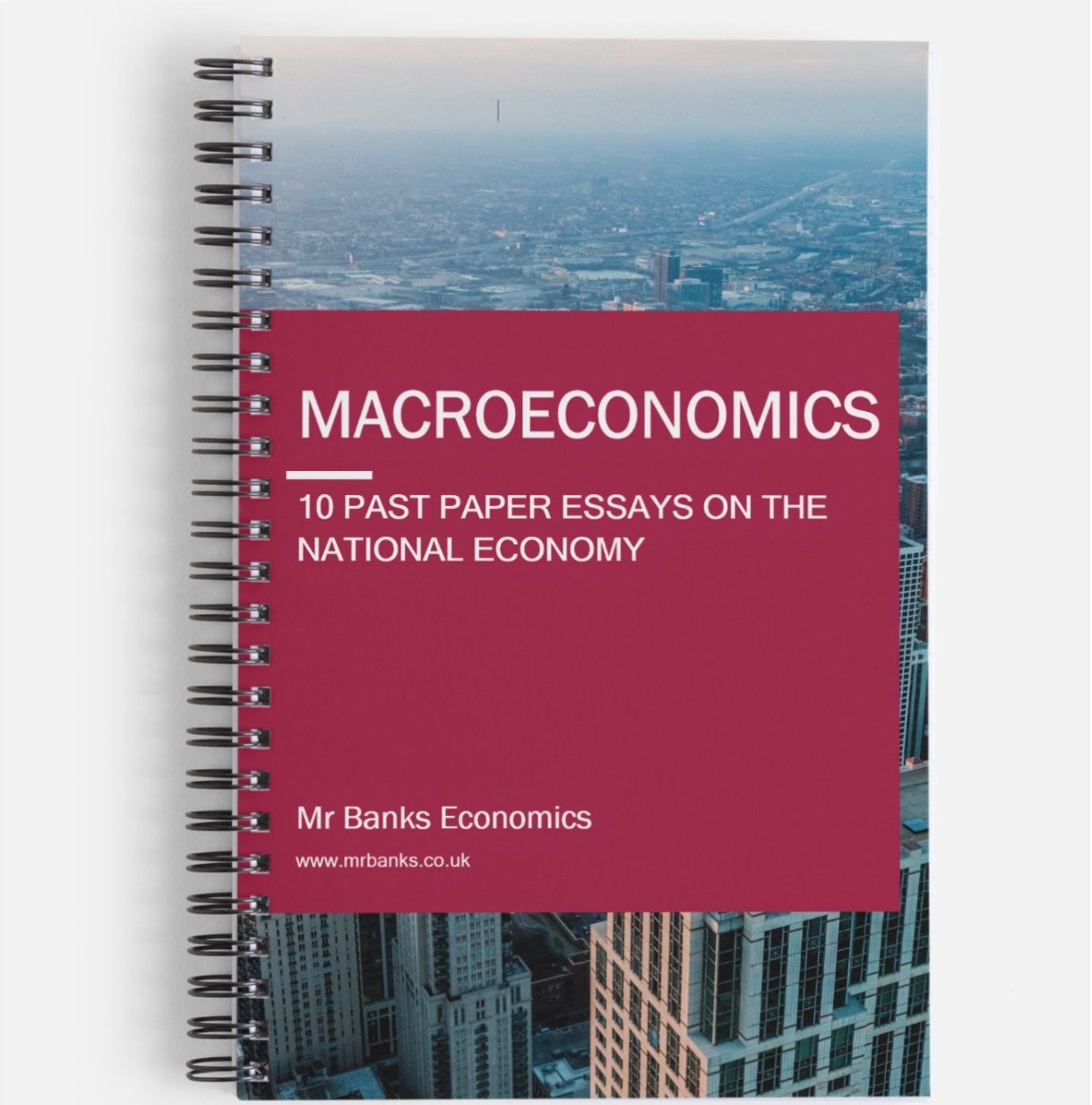What is a Merit Good | Economics Definitions
A-level Economics
Merit Good Definition
A good or service that is under consumed by society in a free market system. This is because of a variety of reasons, one being due to information failure. Another reason is because of positive externalities when consumed.
Merit Good Diagram - it shows underconsumption of Q1 to Q*. The free market occurs at the point where marginal private benefits and private costs are equal. The social equilibrium occurs where the marginal social benefit and costs are equal. This is why there is a difference between the two quantities. (image by mrbanks.co.uk)
Because a merit good is deemed as a positive addition to society, this means that the social benefits outweigh the private benefits, and therefore, the society will benefit when individuals consume more of the good/service. In the diagram, this between the two quantities Q1 and Q*.
Examples of Merit Goods
Merit goods are goods that provide some more benefit to society when consumed. They are available to buy, but generally, they are not bought in sufficient quantities. This could be down to a lack of information or lack of available budget (due to inequalities in society).
A few products meet the criteria of merit goods. Here are 3 examples, but there are many more.
Health care
Education
Fresh fruit and vegetables
With government intervention, it is fair to say these three products are likely to be underconsumed.
See merit and demerit good diagrams
Difference between Merit Goods and Public Goods
Merit goods may end up being provided by the state. For example, the NHS in the UK and the state school system. However, this does not mean they are public goods!
A public good is something that is non-excludable and non-rival. Because of these two qualities, public goods are generally not provided by the free market, because there is little profit incentive to do so. One example is street lights - once a firm sells street light services to one person, there is little incentive for other people in the local area to pay. This is an example of the free rider problem.
Merit goods, like health care and education, can be excluded. A school can exclude people from benefiting from education if they don’t pay their school fees. Merit goods can also be rival when consumed - when somebody goes to school, that means one less space in classroom for somebody else. This means there is competition for the resource (unlike with pure public goods).
IF YOU WANT GOOD GRADES FAST, BUY THESE BOOKS!
MACROECONOMICS MODEL ANSWER BOOK
10 Past Papers with Model Answers on the National Economy
Written by an experienced Economics tutor
Full model answers with diagrams
Suitable for all UK Economics exam boards
Physical booklet
£20.00
MICROECONOMICS MODEL ANSWER BOOK
10 Past Papers with Model Answers on Market Failure
Written by an experienced Economics tutor
Full model answers with diagrams
Suitable for all UK Economics exam boards
Physical booklet
£20.00



